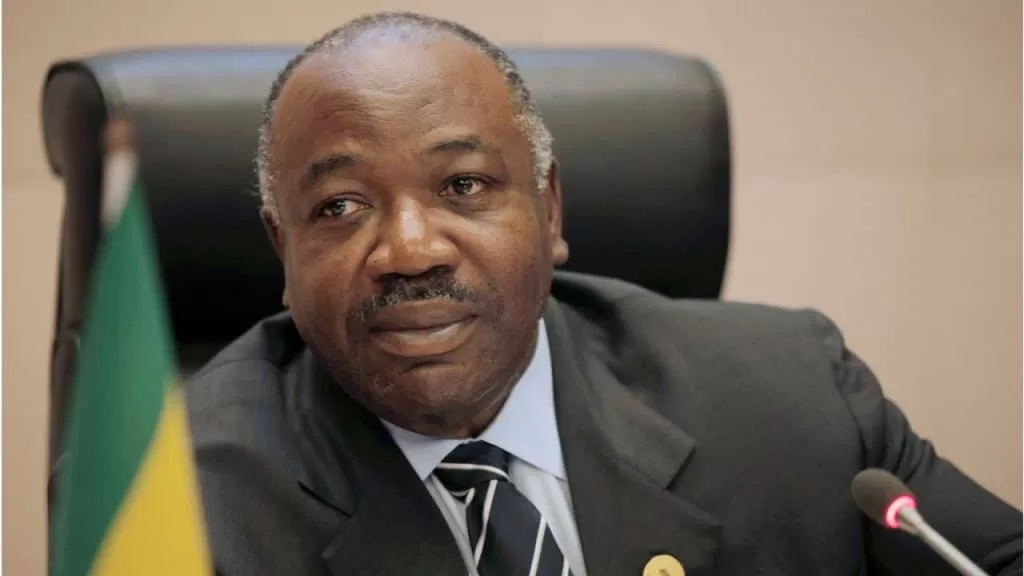If you take the Federal Government to court, there are two things involved; you either win or you lose. If you win, you either get paid or you don’t and it is because the government no longer has money.
You will wait for the payment for a long time.
The reason is that the Ministry of Justice has not received any budgetary allocation for the settlement of judgment debts.
This was made known by the Solicitor-General of the Federation, Beatrice Jeddy-Agba.
Jeddy-Agba, who is also the Permanent Secretary in the Ministry of Justice, made this known in Abuja.
She was at a dialogue on accessing remedies for human rights violations in Nigeria.
The event was with the theme: ’Strategic dialogue on accessing remedies for human rights violations in Nigeria‘.
It was organised on the sidelines of the ongoing Nigerian Bar Association, NBA, conference in Abuja.
Jeddy-Agba, represented by Enoch Simon, a director in the litigation department of the Attorney-General of the Federation’s office.
She said: “Since 2019, the Federal Ministry of Justice has not received any budgetary allocation for settlement of judgment debt”.
The solicitor-general decried that in spite of available legal framework in Nigeria, the timely prosecution of fundamental right cases and enforcement of the resulting judgments, remained a major challenge for the government.
A Matter Of Due Process
She said it was unfortunate that the ministry was often compelled to pay judgment debts that emanated from unlawful actions of law enforcement institutions and agents.
Check This Out: How Ogun Pastor Set Lady Ablaze During ‘Special’ Deliverance
“Most often, security or law enforcement agencies are the actual judgment debtors since their actions and inactions occasion the infractions.
“However, the ministry of Justice is dragged into the arena either because the Attorney-General of the Federation is sued as a nominal party or the judgment creditor approaches the AGF to grant consent, pursuant to the provisions of section 84 (1-3) of the Sheriffs and Civil Process Act.
“As a matter of due process and FGN Financial Regulations, it is the policy of the Federal Ministry of Finance that payment of judgment debt by any agency must be based on clearance by the Attorney-General and requisite budgetary appropriation,” she said.
Furthermore, the solicitor-general said some of the debtor agencies do refer judgment debts to the Attorney-General for intervention.

